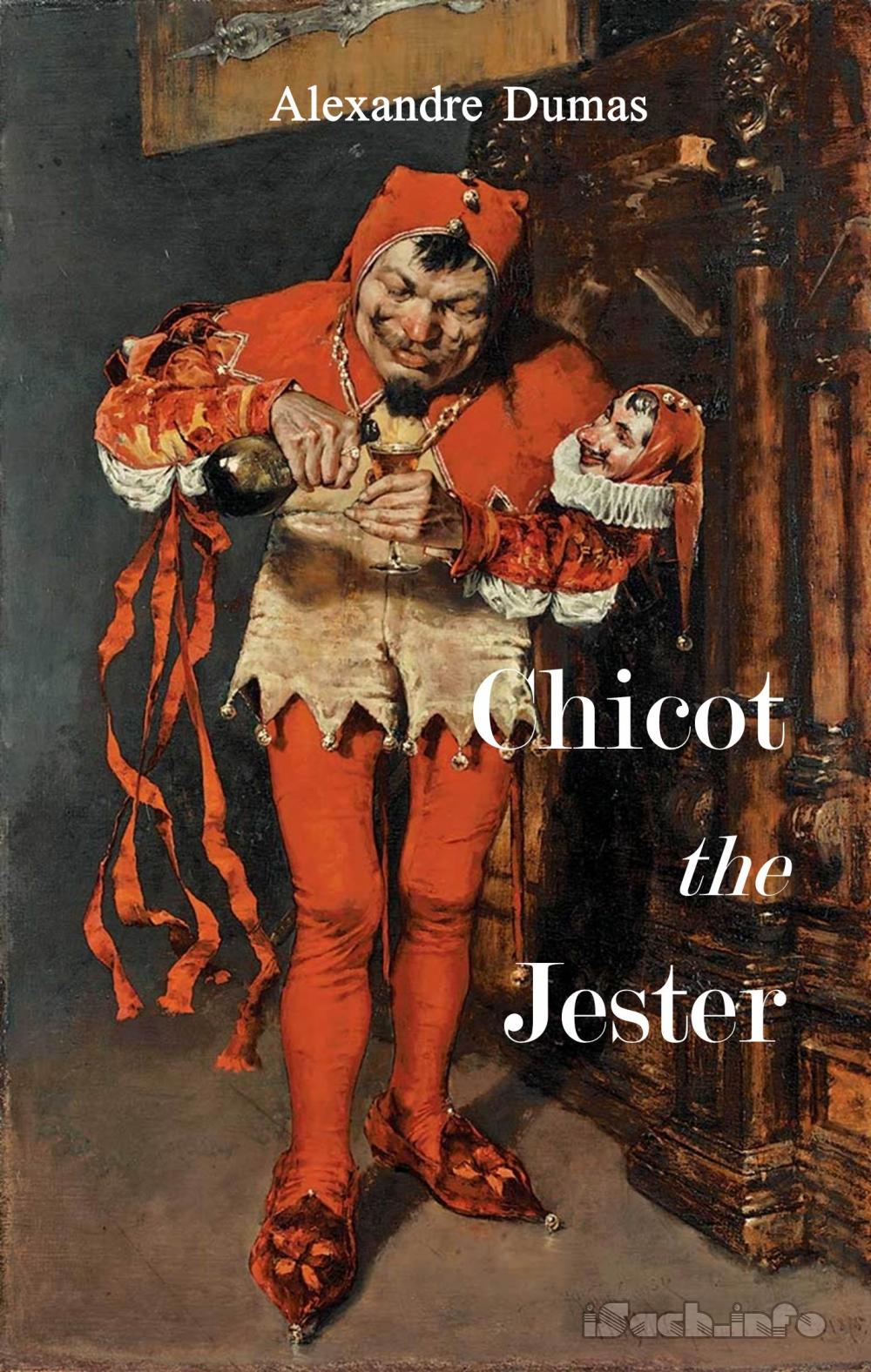Chapter 67: Little Causes And Great Effects
C
atherine had, as we have seen, had the worst of the argument. She was surprised, and began to wonder if her son were really as decided as he appeared to be, when a slight event changed the aspect of affairs. Bussy had been, as we said, encouraging the prince secretly at every word that he thought dangerous to his cause. Now his cause was war at any price, for he wished to stay in Anjou, watch M. de Monsoreau, and visit his wife. The duke feared Bussy, and was guided by him. Suddenly, however, Bussy felt himself pulled by his cloak; he turned and saw Rémy, who drew him gently towards him."What is it, Rémy?" said he impatiently. "Why disturb me at such a moment?"
"A letter."
"And for a letter you take me from this important conversation."
"It is from Méridor."
"Oh! thank you, my good Rémy."
"Then I was not wrong?"
"Oh, no; where is it?"
"That is what made me think it of importance; the messenger would only give it to you yourself."
"Is he here?"
"Yes."
"Bring him in."
Rémy opened the door, and a servant entered.
"Here is M. de Bussy," said Rémy.
"Oh, I know him well," said the man, giving the letter.
"Did she give it to you?"
"No; M. de St. Luc."
As Bussy read, he grew first pale, then crimson. Rémy dismissed the servant, and Bussy, with a bewildered look, held out the letter to him.
"See," said he, "what St. Luc has done for me."
"Well," said Rémy, "this appears to me to be very good and St. Luc is a gallant fellow."
"It is incredible!" cried Bussy.
"Certainly; but that is nothing. Here is our position quite changed; I shall have a Comtesse de Bussy for a patient."
"Yes, she shall be my wife. So he is dead."
"So, you see, it is written."
"Oh, it seems like a dream, Rémy. What! shall I see no more that specter, always coming between me and happiness? It cannot be true."
"It is true; read again, 'he died there.'"
"But Diana cannot stay at Méridor—I do not wish it; she must go where she will forget him."
"Paris will be best; people soon forget at Paris."
"You are right; we will return to the little house in the Rue des Tournelles, and she shall pass there her months of widowhood in obscurity."
"But to go to Paris you must have——"
"What?"
"Peace in Anjou."
"True; oh, mon Dieu! what time lost."
"That means that you are going at once to Méridor."
"No, not I, but you; I must stay here; besides, she might not like my presence just now."
"How shall I see her? Shall I go to the castle?"
"No; go first to the old copse and see if she is there; if she is not then go to the castle."
"What shall I say to her?"
"Say that I am half mad." And pressing the young man's hand, he returned to his place behind the tapes try.
Catherine had been trying to regain her ground.
"My son," she had said, "it seemed to me that a mother and son could not fail to understand each other."
"Yet you see that happens sometimes."
"Never when she wishes it."
"When they wish it, you mean," said the duke, seeking a sign of approbation from Bussy for his boldness.
"But I wish it, my son, and am willing to make any sacrifices to attain peace."
"Oh!"
"Yes, my dear child. What do you ask?—what do you demand? Speak."
"Oh, my mother!" said François, almost embarrassed at his own easy victory.
"Listen, my son. You do not wish to drown the kingdom in blood—it is not possible; you are neither a bad Frenchman nor a bad brother."
"My brother insulted me, madame, and I owe him nothing, either as my brother or king."
"But I, François—you cannot complain of me?"
"Yes, madame, you abandoned me."
"Ah! you wish to kill me. Well, a mother does not care to live to see her children murder each other!" cried Catherine, who wished very much to live.
"Oh, do not say that, madame, you tear my heart!" cried François, whose heart was not torn at all.
Catherine burst into tears. The duke took her hands, and tried to reassure her, not without uneasy glances towards the tapestry.
"But what do you want or ask for, mother? I will listen," said he.
"I wish you to return to Paris, dear child, to return to your brother's court, who will receive you with open arms."
"No, madame, it is not he whose arms are open to receive me—it is the Bastile."
"No; return, and on my honor, on my love as a mother, I solemnly swear that you shall be received by the king as though you were king and he the Duc d'Anjou."
The duke looked to the tapestry.
"Accept, my son; you will have honors, guards."
"Oh, madame, your son gave me guards—his four minions!"
"Do not reply so; you shall choose your own guards, and M. de. Bussy shall be their captain, if you like."
Again the duke glanced to the wall, and, to his surprise, saw Bussy smiling and applauding by every possible method.
"What is the meaning of this change?" thought the duke; "is it that he may be captain of my guards? Then must I accept?" said he aloud, as though talking to himself.
"Yes, yes!" signed Bussy, with head and hands.
"Quit Anjou, and return to Paris?"
"Yes!" signed Bussy, more decidedly than ever.
"Doubtless, dear child," said Catherine, "it is not disagreeable to return to Paris."
"Well, I will reflect," said the duke, who wished to consult with Bussy.
"I have won," thought Catherine.
They embraced once more, and separated.



 ePub
ePub A4
A4